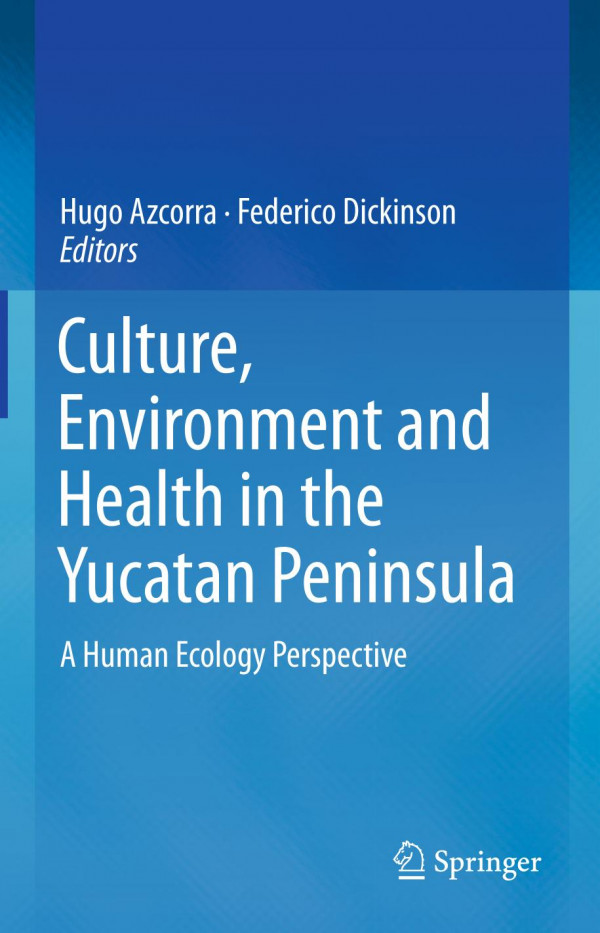

Most ebook files are in PDF format, so you can easily read them using various software such as Foxit Reader or directly on the Google Chrome browser.
Some ebook files are released by publishers in other formats such as .awz, .mobi, .epub, .fb2, etc. You may need to install specific software to read these formats on mobile/PC, such as Calibre.
Please read the tutorial at this link. https://ebooknice.com/page/post?id=faq
We offer FREE conversion to the popular formats you request; however, this may take some time. Therefore, right after payment, please email us, and we will try to provide the service as quickly as possible.
For some exceptional file formats or broken links (if any), please refrain from opening any disputes. Instead, email us first, and we will try to assist within a maximum of 6 hours.
EbookNice Team

Status:
Available4.6
5 reviewsThis book adopts a human ecology approach to present an overview of the biological responses to social, political, economic, cultural and environmental changes that affected human populations in the Yucatan Peninsula, Mexico, since the Classic Maya Period. Human bodies express social relations, and we can read these relations by analyzing biological tissues or systems, and by measuring certain phenotypical traits at the population level. Departing from this theoretical premise, the contributors to this volume analyze the interactions between ecosystems, sociocultural systems and human biology in a specific geographic region to show how changes in sociocultural and natural environment affect the health of a population over time.
This edited volume brings together contributions from a range of different scientific disciplines – such as biological anthropology, bioarchaeology, human biology, nutrition, epidemiology, ecotoxicology, political economy, sociology and ecology – that analyze the interactions between culture, environment and health in different domains of human life, such as:
Culture, Environment and Health in the Yucatan Peninsula – A Human Ecology Perspective will be of interest to researchers from the social, health and life sciences dedicated to the study of the interactions between natural environments, human biology, health and social issues, especially in fields such as biological and sociocultural anthropology, health promotion and environmental health. It will also be a useful tool to health professionals and public agents responsible for designing and applying public health policies in contexts of social vulnerability.